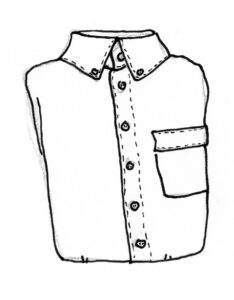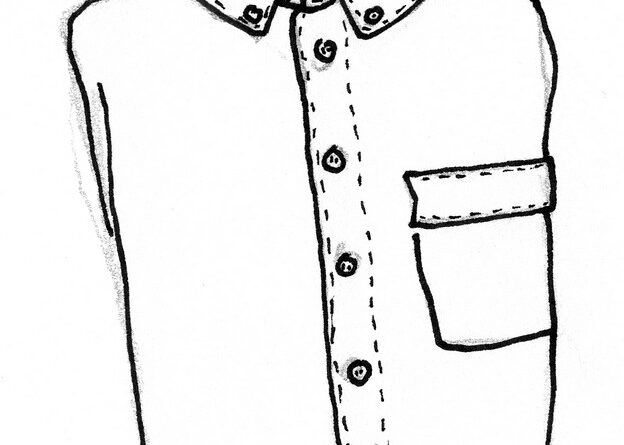Can we stop or reduce ecocide?
Judy Rinfret
How hopeless we may feel about the problems of this planet. “I like winter best ’cause then I don’t have to worry about the world burning up,” said our 14-year-old goddaughter recently. We, who were born two or three generations earlier, may continue to be lucky enough not to know such agony, but I am dismayed at what our children, grandchildren and great-grandchildren may endure for lives even half as rewarding as ours.
Since those with real power are not effecting environmental change mitigation strategies fast enough, I have adopted an ecological golden rule: Use energies and resources only as all others may use them. With this in mind, I have become more aware of what I cost the planet, but it seems impossible to change enough of my needs and wants to come close to such an ideal. In this climate and place, we may need more energy to function, but do we really need such a disproportionate amount?
Imagine if every household in the world had a car and drove as much as most Canadians do? What if everyone could waste as much food as we do? What if everyone could shower and launder clothes as frequently as they wished? What if everyone could travel anywhere? What if everyone had spacious, secure shelter? What if everyone could assume unimaginable choice for food, garments, household items? What if everyone had too much stuff and produced endless garbage? What if everyone enjoyed an unlimited power supply? These are just a few of the things many Canadians take for granted, but even here we must be aware of so many whose quality of life is compromised by lack of access to energy, food and even clean air and water.
I encourage us to spend even one mundane day observing habits and assumptions that could be altered to slow down our overconsumption of the world’s resources. We may find pragmatic, zany, subversive, even sublime changes that will make a difference while benefitting the environment and enhancing creativity, wealth, and health.
We could start with modest changes:
Reduce use of hydro or gas or oil. Many of us already hang laundry to dry indoors in winter and outdoors in summer, which is much better for fabrics. In our winter, the added indoor humidity is a bonus, and the drying time is usually less than 12 hours. In summer, even a small balcony can accommodate laundry, which dries very quickly.
We can wear more layers in winter and turn down the thermostat which is also beneficial for health. In summer we can condition ourselves to tolerate more heat and use strategies to stay cool: spray bottles of water, wet towels, feet in cold water, fans.
Reduce consumption. Instead of garments produced with offshore underpaid or slave labour, we can patronize charity shops, secondhand shops and consignment shops. Donate or consign gently used clothes and housewares to help to avoid adding to landfill or exporting to countries drowning in our excess. We may consider how to make use of what we already have; well-worn blouses may become beautiful scarves, men’s ties may become skirts or quilts, old tablecloths may become dishtowels or dresses or caftans.
Instead of exercising with complex equipment in special spaces (that we may need to drive to), we can walk or jog or bike to do errands, socialize, attend meetings or appointments.
Even if we cannot fulfill my golden rule, almost any energy savings and/or stuff reduction means our energy and creativity translate to real material savings while boosting our mental and physical health.

Here are a few Sandy Hill places to acquire and/or donate recycled items:
May Court Bargain Box – 228 Laurier Avenue East 613-235-0333 (www.maycourt.org)
May Court is a charitable organization supporting the May Court Hospice and more. Clothing, shoes, purses, scarves, linens, small kitchen utensils and home decor. Donations accepted during opening hours.
University of Ottawa Free Store – 100 Thomas More Private (https://www.uottawa.ca/campus-life/campus-sustainability/activities-initiatives/free-store) Free for students, alumni, and staff. Donations accepted: linens, clothing, office supplies, kitchen ware, small appliances, electronics, textbooks, and more.
Bee You Creative Styles – 323 Somerset Street East (www.beeyoucreativestyles.com)
Consignment clothing, books and music, jewelry, accessories and opportunities to learn to mend at monthly stitch and mend nights to help extend the life of our clothes.
Buy Nothing Sandy Hill (there are 4 groups depending on your address) and Ottawa Freestore – Facebook sites to give away or pick up almost anything.
